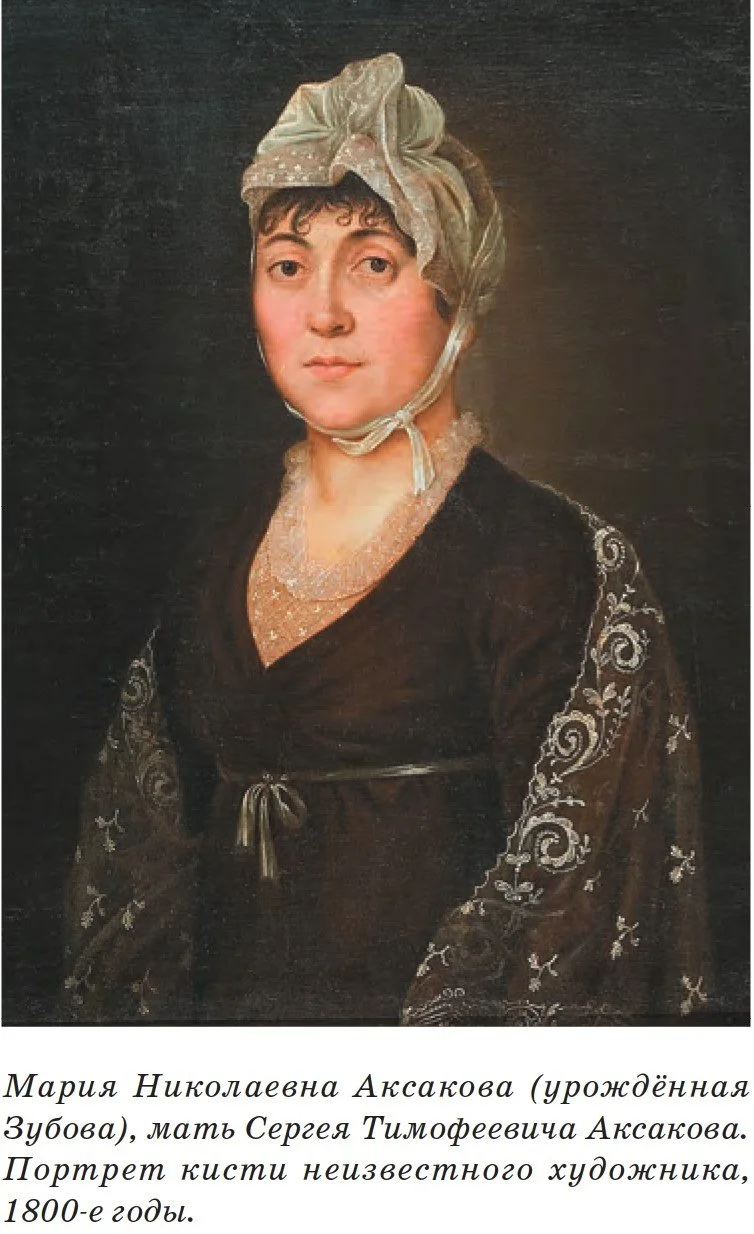
Photo of cover art for Nekrasova’s novel Kozha (Source: Moscvich Mag)
Working Paper 1:
“Nekrasova’s Peculiar Neo-Slave Narrative”
This article is a scholarly consideration of the 2021 novel Kozha [Skin] written by contemporary feminist, anti-war, and anti-racism Russian author Evgenia Nekrasova. In the article, I characterize Kozha as an unprecented event in world literature that offers a side-by-side, fictionalized, woman-centered account of 19th-century Russian serfdom and American slavery. The article argues that the novel offers a compelling challenge to Afropessimism’s rejection of transnational and transracial solidarity, even though it also illustrates the literary paradoxes and political tensions of writing within the slave-narrative genre.

Portrait of Maria Nikolaevna Aksakova (Source: Marina Arkadevna)
Working Paper 2:
“Sofias in the Russian Family Novel: Reframing the Genre as Liberal Wisdom Literature”
In this article, I offer a genealogical reconstruction of the links between “mirror for princes” literature of antiquity and the sentimental family plots of 18th-century literature. I argue that the family novel is heir to a deeply philosophical tradition of wisdom literature that, in the West, begins with Plato’s Socratic dialogues. Then, I use the Russian family novel in particular to demonstrate how the 19th-century family novel served as the modern, liberal instantiation of Western wisdom literature.
This article highlights:
a distinction between ancient widom literature aimed at shaping sovereign rule and early liberal wisdom literature aimed at guiding civil society’s self-fashioning and self-rule;
a Homeric mirror tradition from Hobbes and Rousseau, to Fenelon and de Stael that influenced development of the Russian family novel;
the character of Sofia in the Russian family novels of Aksakov, Dostoevsky, and Turgenev that both link the genre to the Homeric mirror tradition and provides political commentary on the desirabilty of liberal self-rule.
